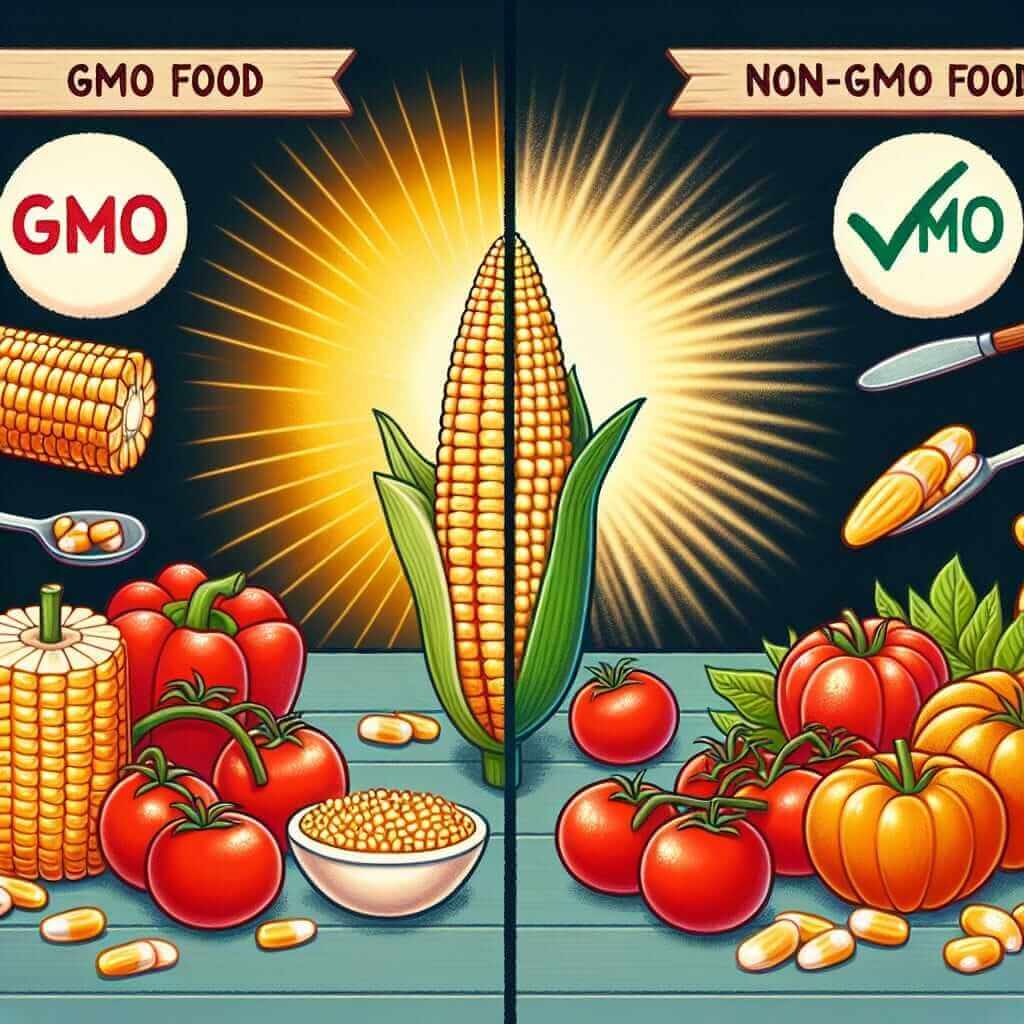The Reading section of the IELTS exam is crucial and often considered challenging by many test-takers. One of the topics that frequently appears in this section due to its relevance and broad impact is “Social implications of biotechnology in food production.” Given its increasing importance in today’s world, understanding and preparing for it can provide an edge in scoring well.
In the past, subjects revolving around biotechnology and its societal impacts have appeared periodically, indicating a likelihood of reoccurrence. This makes it essential to be well-versed with the theme and its varying aspects.
Practice Reading Test on Social Implications of Biotechnology in Food Production
Reading Passage
The following reading passage is designed to reflect the complexity and content you might encounter in an actual IELTS exam. The passage is categorized as Medium Text to challenge your reading and comprehension skills appropriately.
Biotechnology in Food Production and its Social Implications
Biotechnology, particularly genetic engineering, has revolutionized food production. By manipulating genes, scientists have been able to create crops that are more resistant to pests and diseases, have a longer shelf life, and can tolerate extreme weather conditions. These advancements have significantly increased agricultural productivity, thereby playing a critical role in addressing food security issues worldwide.

However, the adoption of biotechnology in food production has sparked considerable debate about its social implications. Proponents argue that genetically modified (GM) foods are essential for sustaining the growing global population. They highlight the economic benefits, such as reduced costs for farmers and increased yield efficiency. Moreover, GM crops can be engineered to provide higher nutritional value, potentially combating malnutrition and improving public health outcomes.
On the other hand, critics raise ethical and environmental concerns. There is apprehension about the long-term health effects of consuming GM foods, as many argue that insufficient testing has been conducted to ensure their safety. Additionally, the potential for cross-contamination between GM and non-GM crops poses a threat to biodiversity. Socially, the dominance of large biotech companies in agricultural sectors can lead to increased dependency of small-scale farmers on patented seeds, exacerbating economic inequalities.
Further, there is a cultural aspect to consider. Food is intrinsically linked to cultural identity, and the introduction of GM crops can sometimes be perceived as an encroachment on traditional farming practices. These cultural and ethical dimensions need careful consideration in the biotechnology debate.
In conclusion, while biotechnology in food production offers promising solutions to some of the world’s most pressing problems, its social implications warrant thorough examination. It is imperative that regulations and policies surrounding biotechnological advancements are continuously refined to balance benefits with ethical, environmental, and social considerations.
Questions
Multiple Choice Questions
-
What is one advantage of genetically modified (GM) foods mentioned in the passage?
a. They are cheaper to purchase.
b. They have a shorter shelf life.
c. They can tolerate extreme weather conditions.
d. They taste better than non-GM foods. -
According to proponents, how can GM crops impact public health?
a. They reduce farming costs.
b. They provide higher nutritional value.
c. They improve taste and flavor.
d. They require less fertilizer usage.
Identifying Information (True/False/Not Given)
- The passage states that GM foods have been universally accepted without any controversy.
- The passage mentions that the dominance of large biotech companies can exacerbate economic inequalities among farmers.
Matching Information
Match the following statements with the correct information from the passage:
A. Concerns about long-term health effects of GM foods.
B. Increased agricultural productivity due to biotechnology.
C. The cultural significance of food in society.
Sentence Completion
-
Critics argue that there is apprehension about the long-term health effects of consuming GM foods because ___.
-
Biotech companies’ dominance in agriculture leads to ___.
Answer Keys
- c
- Explanation: The passage mentions that GM foods “can tolerate extreme weather conditions.”
- b
- Explanation: GM crops “can be engineered to provide higher nutritional value, potentially combating malnutrition and improving public health outcomes.”
- False
- Explanation: The passage mentions debates and concerns surrounding GM foods, indicating they have not been universally accepted.
- True
- Explanation: The passage states that “the dominance of large biotech companies in agricultural sectors can lead to increased dependency of small-scale farmers on patented seeds, exacerbating economic inequalities.”
- insufficient testing has been conducted to ensure their safety.
- increased dependency of small-scale farmers on patented seeds.
Common Mistakes
When tackling this type of reading passage, students often:
- Misinterpret detailed information by skimming too quickly.
- Overlook contrasting viewpoints presented in the passage.
- Confuse types of answering strategies like False vs. Not Given.
Vocabulary
Here are some challenging words from the passage:
- Revolutionized (v) /ˌrevəˈluːʃənˌaɪzd/: Dramatically changed or improved.
- Biotechnology (n) /ˌbɑɪ.oʊˌtekˈnɑː.lə.dʒi/: The manipulation of living organisms or their components to produce useful products.
- Genetically modified (adj) /dʒəˈnet.ɪ.kəl.i məˈdɪ.fɪd/: Organisms whose genetic material has been altered.
- Cross-contamination (n) /krɔsˌkɒn.tæm.ɪˈneɪ.ʃən/: The process of contamination between different biological entities.
Grammar Focus
In the passage, take note of complex sentences that utilize:
- Subordinate clauses: e.g., “By manipulating genes, scientists have been able to…”
- Passive voice: e.g., “GM foods are essential for sustaining the growing global population.”
Tips for Scoring High in IELTS Reading
- Practice Regularly: Consistency is key. Practice reading different types of texts regularly.
- Improve Vocabulary: Enhance your understanding of academic and subject-specific vocabulary.
- Time Management: Learn to manage your time efficiently to answer all questions within the time limit.
- Understand the Question Types: Familiarize yourself with various question types to strategize your answers effectively.
- Critical Reading: Develop the ability to read critically and identify key points quickly.
By focusing on these aspects, you can significantly improve your chances of scoring high in the IELTS Reading section.